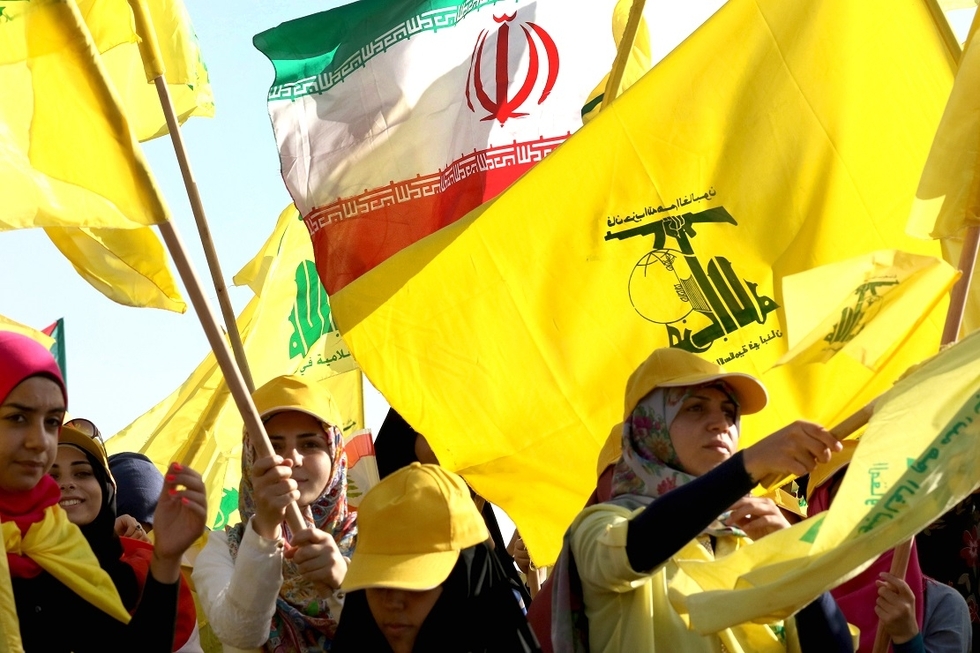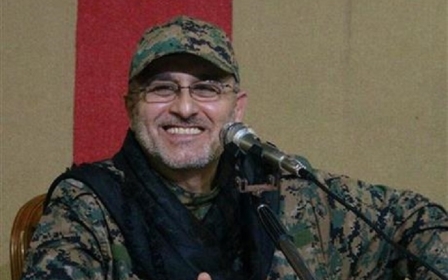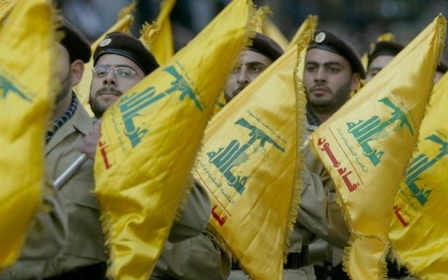US charges Lebanese businessman with evading Hezbollah sanctions

US authorities on Friday charged a long-wanted alleged Hezbollah financier with violating US terror-related sanctions, after he was probably deported to the United States from Morocco.
Kassim Tajideen, 62, pleaded not guilty in federal court in Washington, DC and will be held until a detention hearing next week, the Justice Department said in a statement.
He had been called a "specially designated global terrorist" by the US for allegedly providing tens of millions of dollars to Hezbollah.
According to multiple media reports, Tajideen was arrested on arrival in Casablanca on 12 March after a request by US authorities.
He arrived in the US early on Friday, but the Justice Department did not confirm that he had been handed over by Morocco.
A commodities trader across the Middle East and Africa, Tajideen was given the terror finance designation in May 2009, which carries sanctions that largely locked him out of global financial networks. The designation identified him as an "important financial contributor" to Hezbollah.
"Because of his support for Hezbollah, a major international terrorist group, the US government imposed sanctions against Tajideen in 2009 that barred him from doing business with US individuals and companies," acting assistant attorney general Kenneth Blanco said in a statement.
The charges unveiled on Friday did not accuse him of any recent provision of financial support to Hezbollah.
Instead, he was accused of restructuring his business organization after the 2009 terror finance designation in order to evade the sanctions and continue doing business with US companies.
That included buying commodities from US exporters and making wire transfer payments for them worth a total of $27m. The US firms involved in those transactions were unaware they were involved with him, the charges said.
Writing about Tajideen on Thursday, Hanin Ghaddar and Sarah Feuer of the Washington Institute think-tank said Tajideen remained an important backer of Hezbollah.
"In addition to the revenues he secured for Hezbollah, his company Tajco has been involved in a number of residential projects located in strategic areas of Lebanon," they said.
Ghaddar and Feuer said that although Morocco would not confirm that Washington had asked for his arrest, "such cooperation would be in keeping with Morocco's emergence as a key counterterrorism partner in recent years".
Shibly Mallat, Tajideen's lawyer in Lebanon, also denied the charges against his client.
"All the claims about Tajideen's links to terrorist organisations, whether from the United States or Morocco or any other country are false," Mallat said, according to Lebanese newspaper Annahar.
The lawyer went on to describe Tajideen as a "self-made businessman who has declared on more than one occasion his apposition to terrorism and rejection to any violent activity of any kind".
He added that Tajideen's company was erroneously blacklisted by the US State Department in 2009 without providing any evidence.
Lebanese judicial sources had inquired about the businessman when he was detained in Morocco but did not receive an answer, Annahar reported.
Tajideen's supporters accuse Moroccan authorities of "kidnapping" the businessman because he was not facing any charges in the North African monarchy.
New MEE newsletter: Jerusalem Dispatch
Sign up to get the latest insights and analysis on Israel-Palestine, alongside Turkey Unpacked and other MEE newsletters
Middle East Eye delivers independent and unrivalled coverage and analysis of the Middle East, North Africa and beyond. To learn more about republishing this content and the associated fees, please fill out this form. More about MEE can be found here.




